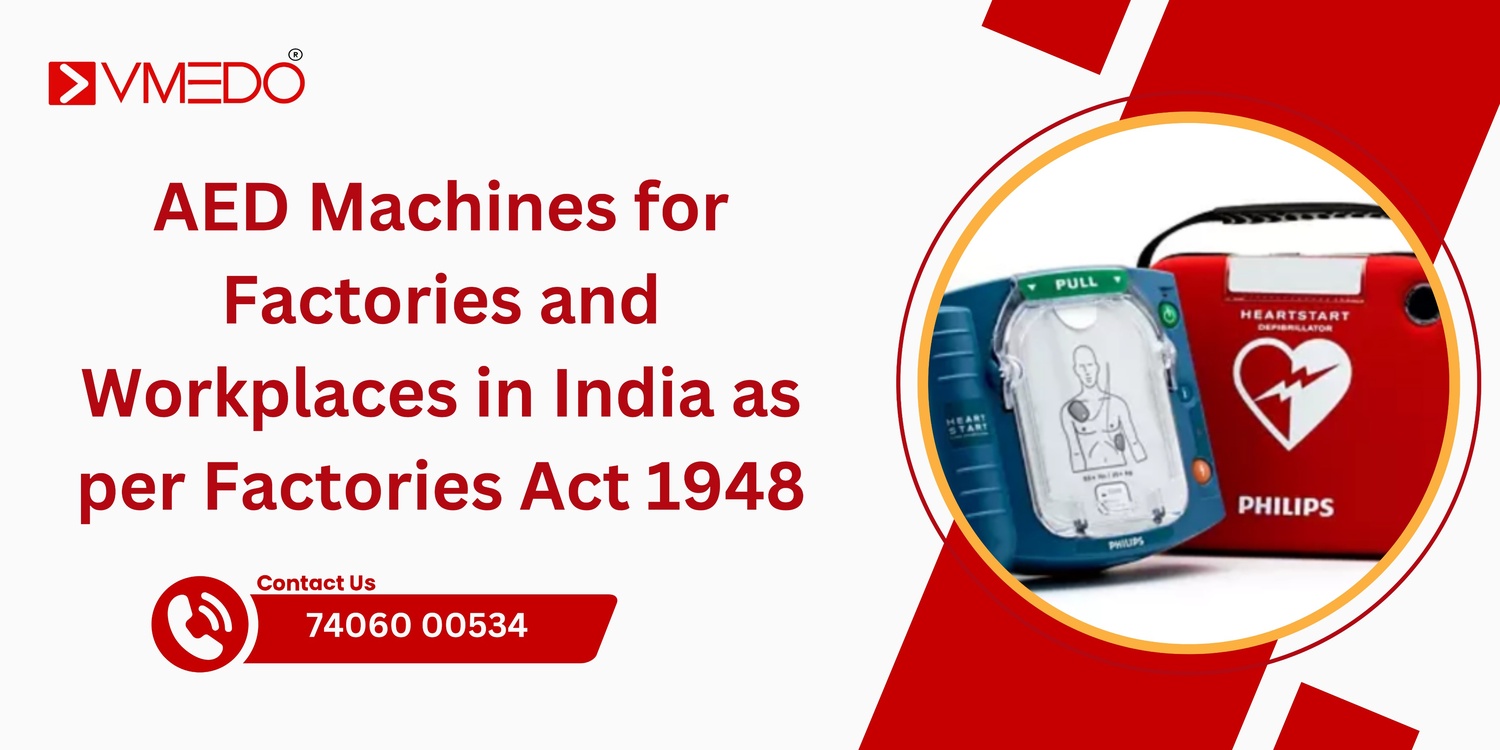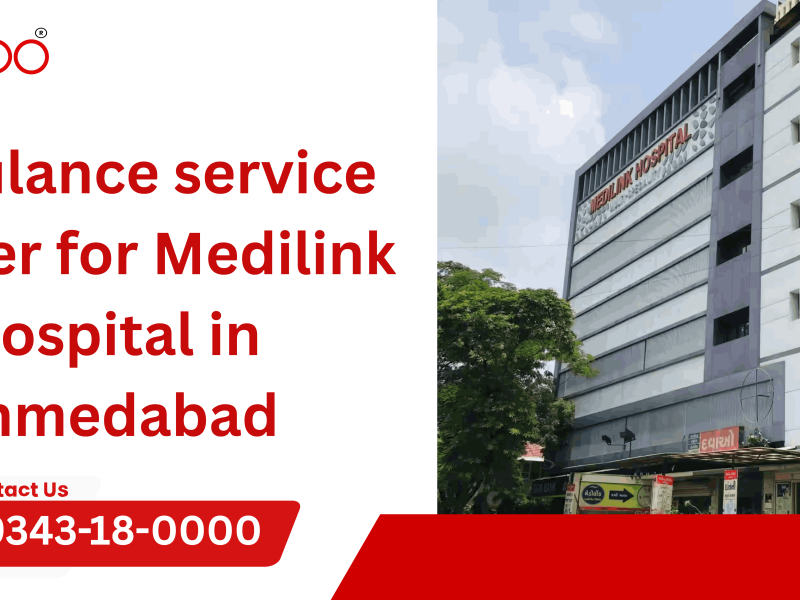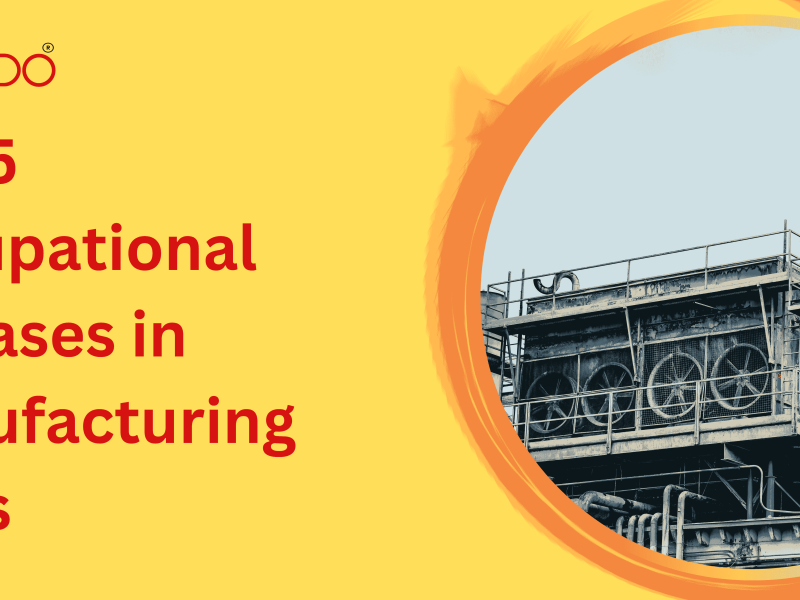Automated External Defibrillators (AEDs) are life-saving devices designed to treat sudden cardiac arrest (SCA), a condition that occurs when the heart unexpectedly stops beating. In industrial settings and workplaces in India, where employees may be exposed to high stress, hazardous conditions, or physical exertion, having an AED onsite can make the difference between life and death.
VMEDO provides comprehensive AED solutions, including procurement, training, and maintenance, tailored to enhance workplace safety and ensure immediate response during cardiac emergencies. Contact us today at +91 74060 00534 or visit our website at VMEDO to secure your workplace with this essential life-saving device.
What Are AED Machines?
AEDs are portable medical devices that analyze the heart’s rhythm and deliver an electric shock to restore normal rhythm during cardiac arrest. These devices are easy to use, even by individuals with minimal medical training, making them indispensable for workplace emergencies.
Key Features of AEDs:
- Voice and visual prompts for guidance.
- Built-in analysis of heart rhythms.
- Automated or semi-automated shock delivery.
- Compact and portable design.
Importance of AEDs in Factories and Workplaces
Workplaces often involve high-risk activities, including exposure to chemicals, physical labor, and stress, which can trigger cardiac arrest.
- Rapid Response Saves Lives
The survival rate for cardiac arrest drops by 7–10% for every minute without defibrillation. Having an AED onsite ensures immediate response before medical help arrives. - High-Stress Environments
Stress is a common factor in workplaces, particularly in industries with tight deadlines, operational hazards, or physically demanding roles. - Compliance with Safety Standards
Companies with AEDs demonstrate a commitment to employee health and safety, aligning with global best practices. - Industry-Specific Risks
- Manufacturing Units: Risk of electric shocks or accidents.
- Construction Sites: Physical exertion and environmental hazards.
- Corporate Offices: Sedentary lifestyles lead to cardiovascular issues.
Legal and Regulatory Framework in India
Although India does not mandate AEDs in workplaces under the Factories Act of 1948, several guidelines emphasize employee safety and emergency preparedness.
- Factories Act, 1948:
- Stresses the need for first aid and emergency response mechanisms.
- AEDs can complement first-aid measures.
- EHS (Environment, Health, and Safety) Standards:
- Encourages companies to maintain life-saving equipment onsite.
- Corporate Social Responsibility (CSR):
Organizations can invest in AEDs as part of their CSR initiatives to promote workplace safety.
How to Choose an AED for Your Workplace
Selecting the right AED involves understanding your workplace needs and ensuring ease of use.
- Type of AED:
- Fully automated: Delivers shocks automatically.
- Semi-automated: Requires the user to press a button to deliver the shock.
- Portability and Durability:
Choose devices that are lightweight and built to withstand harsh industrial environments. - Ease of Use:
Opt for AEDs with clear voice and visual instructions. - Battery Life and Maintenance:
Ensure long battery life and minimal upkeep. - Cost and Warranty:
Balance affordability with quality; check for extended warranties.
Steps for Setting Up AEDs in Workplaces
- Risk Assessment:
Identify areas with high risks of cardiac arrest incidents. - Strategic Placement:
- Ensure AEDs are accessible in high-traffic or high-risk zones.
- Mark locations with visible signage.
- Employee Awareness Campaigns:
Promote the presence and importance of AEDs through internal communication channels. - Maintenance and Inspections:
- Regularly check battery levels and electrode pads.
- Schedule professional servicing.
- Integration with Emergency Protocols:
Incorporate AED usage into the company’s emergency response plan.
Cost of AEDs in India
AED machines in India typically range from ₹80,000 to ₹1,50,000, depending on the brand and features. While the initial investment might seem significant, the long-term benefits outweigh the cost.
Additional Costs:
- Replacement pads and batteries.
- Training sessions.
- Annual maintenance.
Why Choose VMEDO for Your AED Needs?
VMEDO stands out as a trusted partner for implementing AED solutions in workplaces across India. Here’s why:
- Comprehensive Solutions
- End-to-end services including AED procurement, installation, and maintenance.
- Customized training programs to ensure employees are well-prepared for emergencies.
- Expertise in Workplace Safety
- A decade of experience in the healthcare and safety sector.
- Tailored solutions for various industries, including manufacturing, construction, and corporate offices.
- Affordable Pricing
- Competitive pricing without compromising on quality.
- Flexible payment plans to suit different budgets.
- Certified Training Programs
- Hands-on AED training delivered by certified professionals.
- Integration of AED training with first aid and CPR workshops for comprehensive emergency preparedness.
- Reliable Support and Maintenance
- Regular servicing and replacement of AED pads and batteries.
- 24/7 customer support to address any issues or queries.
- Proven Track Record
- Numerous success stories and satisfied clients across industries.
- Positive feedback for seamless implementation and ongoing support.
Choose VMEDO for unmatched expertise, reliable services, and a commitment to workplace safety. To know more, contact us at +91 74060 00534 or visit our website.
FAQs on AED Machines for Factories and Workplaces in India
1. What is an AED, and how does it work?
An Automated External Defibrillator (AED) is a portable device that analyzes the heart’s rhythm and delivers an electric shock to restore normal rhythm during sudden cardiac arrest (SCA). It guides users with voice and visual prompts, making it easy for non-medical personnel to operate.
2. Why are AEDs important for workplaces?
Workplaces often involve stress, physical exertion, or hazardous conditions, increasing the risk of cardiac emergencies. AEDs ensure immediate response, significantly improving survival rates during cardiac arrests.
3. Is it mandatory to have AEDs in workplaces in India?
While not explicitly mandated under the Factories Act of 1948, having AEDs aligns with EHS (Environment, Health, and Safety) guidelines and demonstrates an organization’s commitment to employee safety.
4. Where should AEDs be installed in a workplace?
AEDs should be placed in high-traffic or high-risk areas, such as assembly lines, break rooms, or near emergency exits. Ensure they are easily accessible and marked with clear signage.
5. Who can use an AED?
Anyone can use an AED, as these devices are designed with user-friendly instructions. However, training employees on AED usage and CPR improves response efficiency during emergencies.
6. How much does an AED cost in India?
AED prices in India range from ₹80,000 to ₹1,50,000, depending on the brand and features. Additional costs include training, maintenance, and replacement pads or batteries.
7. How often do AEDs need maintenance?
AEDs require regular inspections to ensure functionality. Batteries and electrode pads typically need replacement every 2–5 years, depending on usage and manufacturer guidelines.
8. What are the legal benefits of having an AED in the workplace?
Having AEDs shows proactive safety measures, reducing liability in emergencies and enhancing compliance with workplace safety standards.
9. Does VMEDO offer AED training for employees?
Yes, VMEDO provides certified AED training, helping employees confidently use AEDs and perform CPR during emergencies. Training sessions are tailored to workplace needs.
10. Why should I choose VMEDO for AEDs?
VMEDO offers end-to-end AED solutions, including procurement, installation, training, and maintenance. With affordable pricing, expert trainers, and reliable support, VMEDO ensures your workplace is prepared for cardiac emergencies.
11. Are AEDs effective without CPR?
While AEDs can restore the heart’s rhythm, performing CPR alongside AED usage maximizes the chances of survival until medical help arrives.
12. How long does AED training take?
AED training sessions typically last 2–3 hours and include hands-on practice for employees. VMEDO also integrates CPR training for comprehensive emergency preparedness.
13. Can AEDs be used for children?
Yes, AEDs with pediatric settings or special pads can be used for children aged 1–8 years. Standard AEDs are suitable for individuals above 8 years.
14. How do I ensure employees know where the AED is located?
Conduct awareness campaigns, place clear signage, and include AED locations in emergency plans. Regular mock drills can reinforce employee familiarity.



